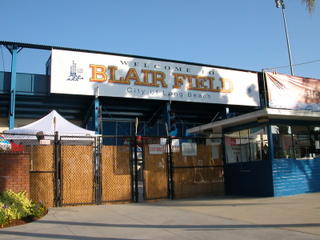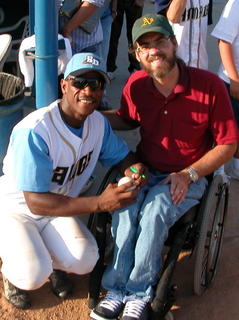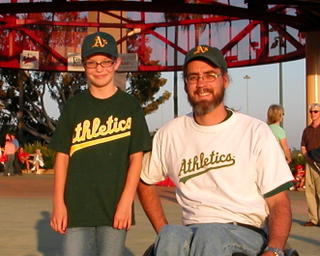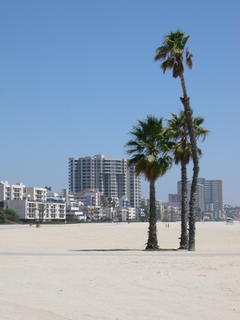Again, we read harsh words in Scripture this week. A few weeks ago, when I wrote about
St. Augustine's thoughts on the Canaanite woman, the harsh words came from the mouth of Jesus himself. This Sunday, they come from the mouth of a lord, a lord who is most often understood to represent God.
(For the entire Gospel reading for the coming Sunday, click
here.)
I know that some will preach this Sunday that the lord in this passage is not God, but that the lord is just an unjust lord, and that the parable is a tale told in order to expose the unjust economic system of Jesus' time (a view popularized especially by
William R. Herzog, II). Perhaps others will shy away in other, less direct ways, from the possibility that God speaks harshly and threateningly. But what might we lose if we depart from the traditional reading that God is represented by the lord in this parable?
If we look to how the Fathers read this passage, we will begin to find an answer, because the early church was much more willing to imagine God as a lord. This is in contrast to the popular contemporary trend, where references to God or Jesus as Lord are being systematically removed from our worship.
Read what St. John Chrysostom writes, about the most difficult line in the passage, where the threat of punishment arises:
"This discipline occurred in order to effect his transformation. His purpose is to frighten him by this threat so that he may come to supplication, and not merely that they all be sold."
The lord has more in mind that the threat. The threat is intended to yield a particular result: not the fulfillment of the threat itself, but the supplication of the steward to his master. Chrysostom continues:
"For if the lord had done this with unmitigated punishment in mind, he would not have granted [the steward's] request [for mercy], nor would he have bestowed upon him a special favor."
The lord never intended to carry out the threat, but rather to make possible the glorious condition that the steward desperately needs: forgiveness. Without the threat, there is no supplication. With the threat, there is a supplication that makes forgiveness possible.
But why did the lord call for the reckoning of accounts, rather than dismiss the debt outright? Chrysostom writes that
"he did not dismiss the debt, and he called for an accounting. Why? His teaching purpose was to show him with all justice precisely how much debt he was going to free him from! In this way at least he might in due time become more gentle toward his fellow servant."
The lord wishes to teach the steward mercy and forgiveness in order that he might show mercy and forgiveness. And this is the real test, one that this steward fails. Despite the lifting of the punishment that the lord could very well have meted out, the steward turns and shows no mercy to the one in debt to him. And in the end, the steward receives punishment because he does not show mercy, despite the mercy that was shown to him.
There is simply too much at risk if we dismiss any notion of God's Lordship over us. I hope that we can also think of Jesus as a friend, as one of us, even as a mentor. But to give up on the idea that God does rule, that God does have the power to punish, is also to give up that it is God who has power to rectify what we ourselves do not have the power to make right. God's lordship means not only that God has the power to punish, but that God has the power to forgive. And to take away God's forgiveness, according to this parable, is to take away the possibility that, through our own forgiveness, we might to be merciful to others. Is this not what we pray, that God "forgives us our sins, as we forgive those who sin against us"? That is what this parable makes clear: it is our own forginveness, given by the Lord our God, that is the root of right relatinship with others.









